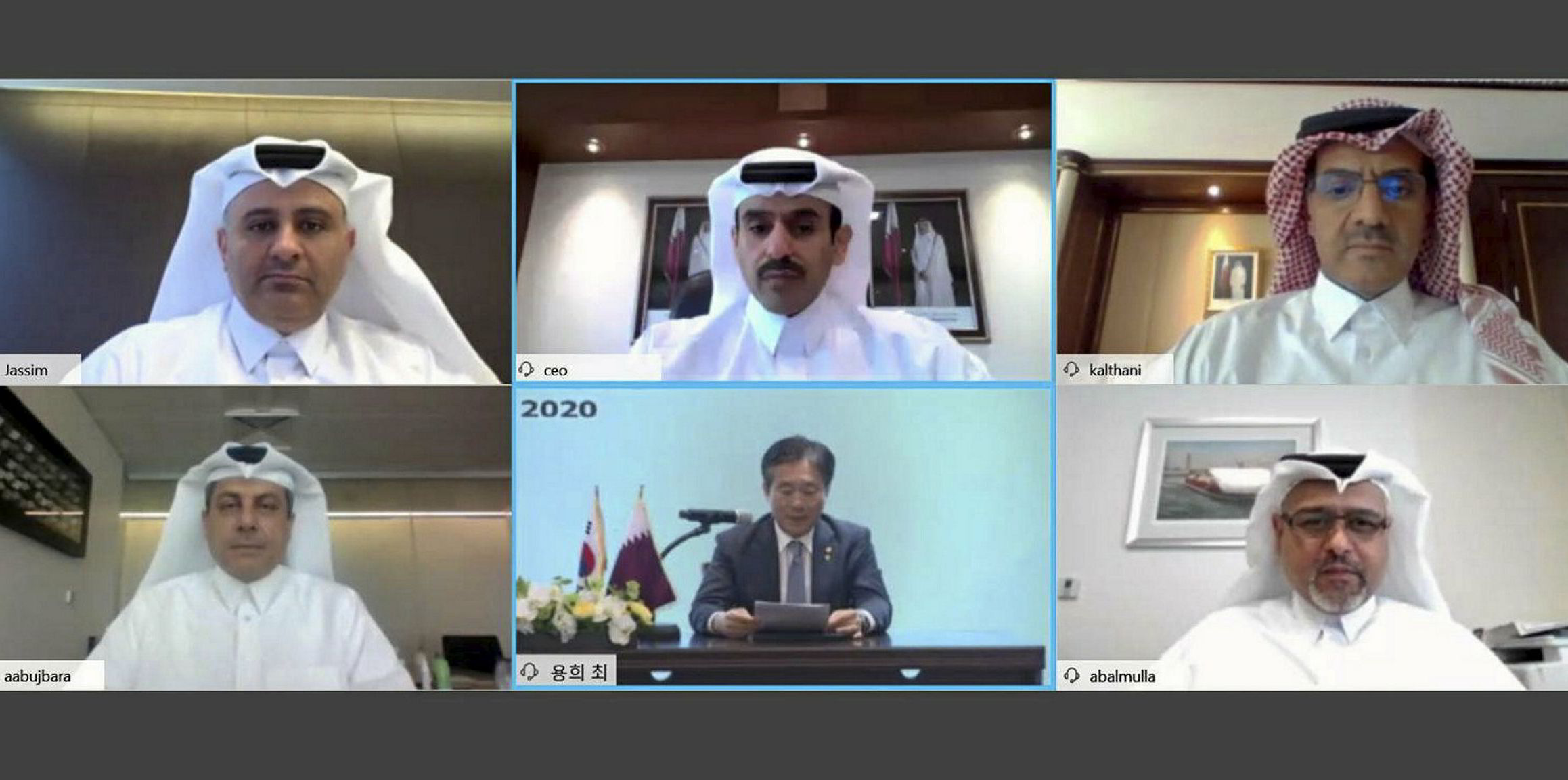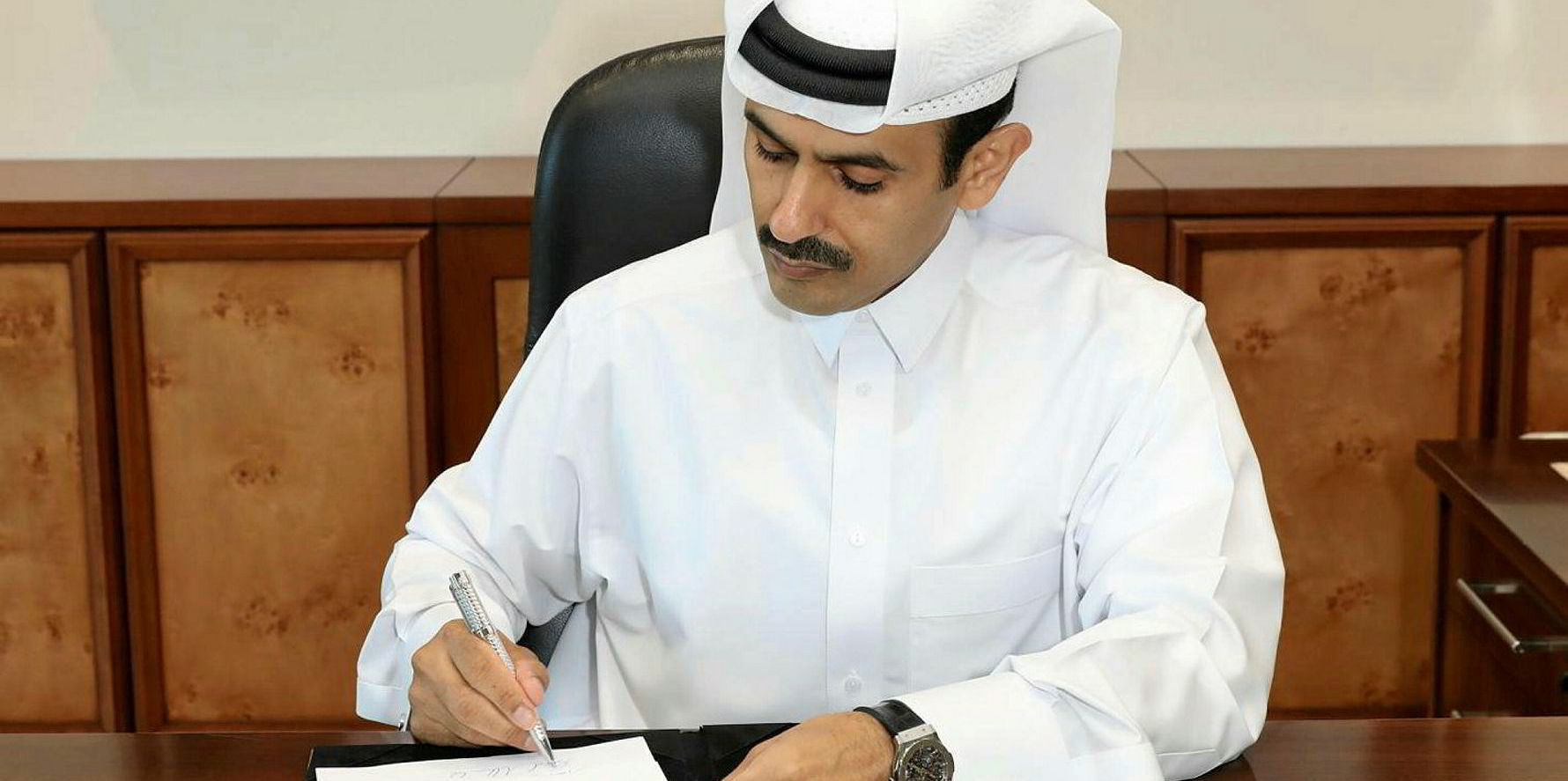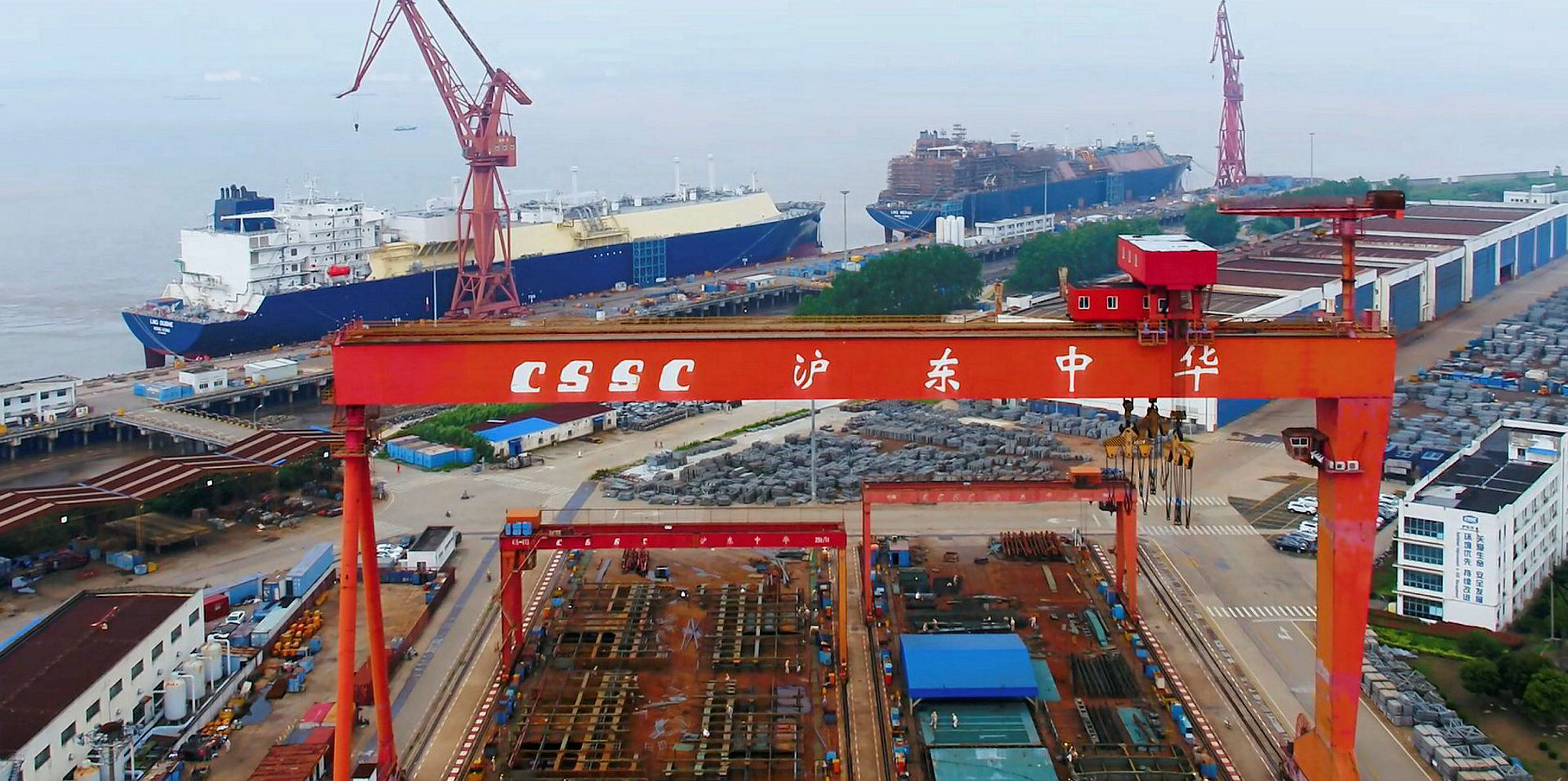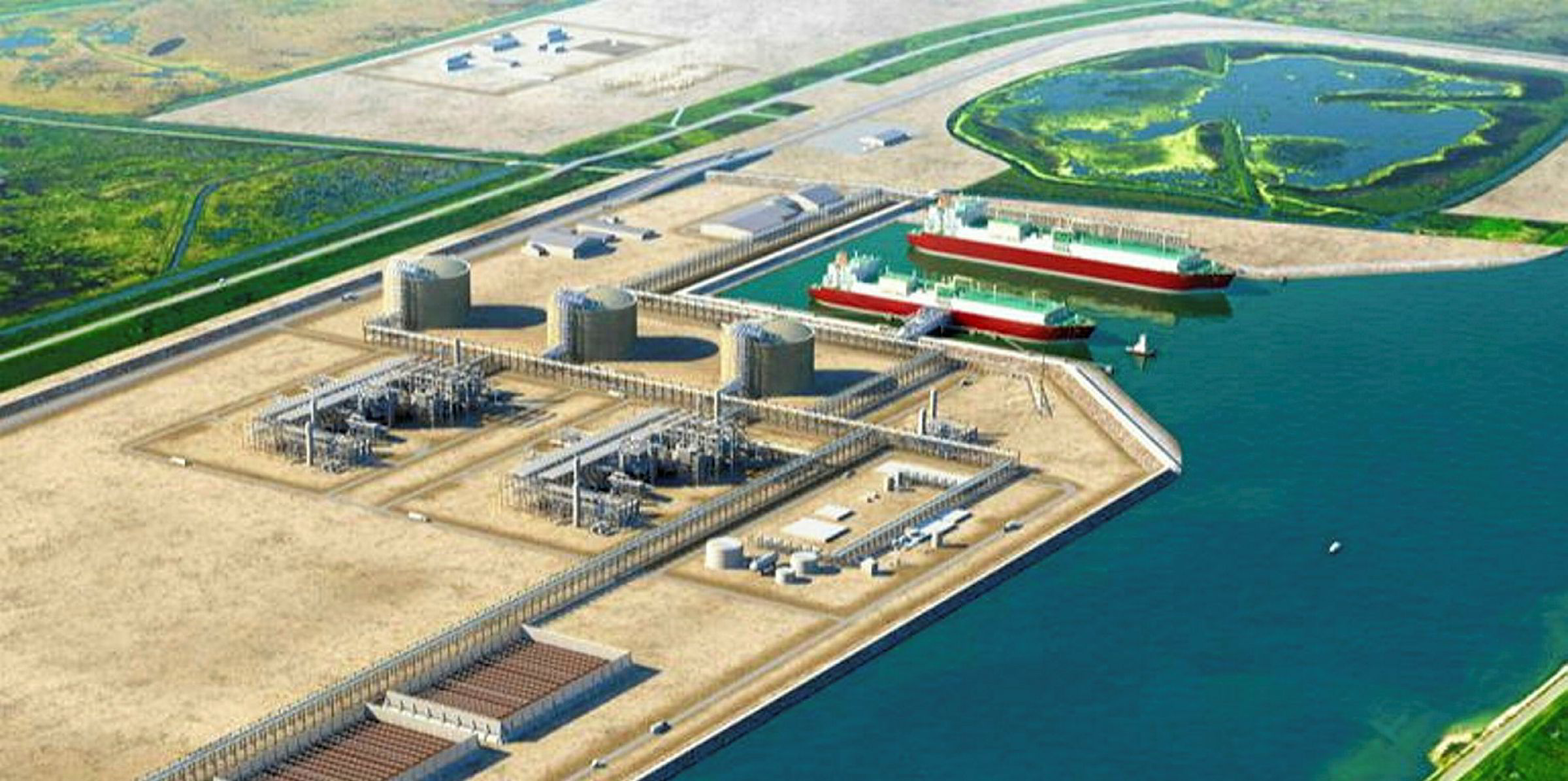Producer Qatar Petroleum has signed a deal worth over QAR 70bn ($18.75bn) with South Korea's big three shipbuilders to secure berths for over 100 LNG carrier newbuildings.
Announcing the potential value and size of the much-anticipated agreement today, the Qatari giant said DSME, Hyundai Heavy Industries and Samsung Heavy Industries will reserve a major portion of their LNG ship construction capacity for Qatar Petroleum through the year 2027.
Qatar Petroleum said the ships are needed to cater for its future LNG carrier fleet requirements, including those for the ongoing expansion projects in the North Field and in the United States.
The company did not give details of how the orders will be split between the three yards.
The deal was signed in a virtual ceremony by Qatar's Minister of State for Energy Affairs and Qatar Petroleum president and chief executive Sherida Al-Kaabi attended by South Korea's Minister of Trade, Industry and Energy H E Sung Yun-mo.

DSME president and chief executive Sung Geun Lee, HHI president and board member Sam Ka and SHI president and CEO Joon Ou Nam signed for the shipyards.
In April Qatar Petroleum signed a similar deal with China's Hudong-Zhonghua Shipbuilding (Group) for up to 16 LNG carriers.
The company inked a “deed of agreement” for the reservation of slots and options to purchase LNG carriers for eight firm LNG newbuildings, plus a similar number of optional slots.
Sources said the vessels’ capacity will be around 175,000 cbm and will be priced at around $180m each.
They are scheduled for delivery dates in 2024 and 2025.
The producer was expected to return to line up the berth slots in South Korea after the end of Ramadan.
Qatar has said it will likely need a minimum of 60 to 80 vessels but will book shipyard capacity for 120 vessels for its North Field Expansion project, its US export project Golden Pass LNG and fleet renewal purposes.
The Middle East producer has said it may take up to 60% of the entire global shipbuilding capacity for LNG.






